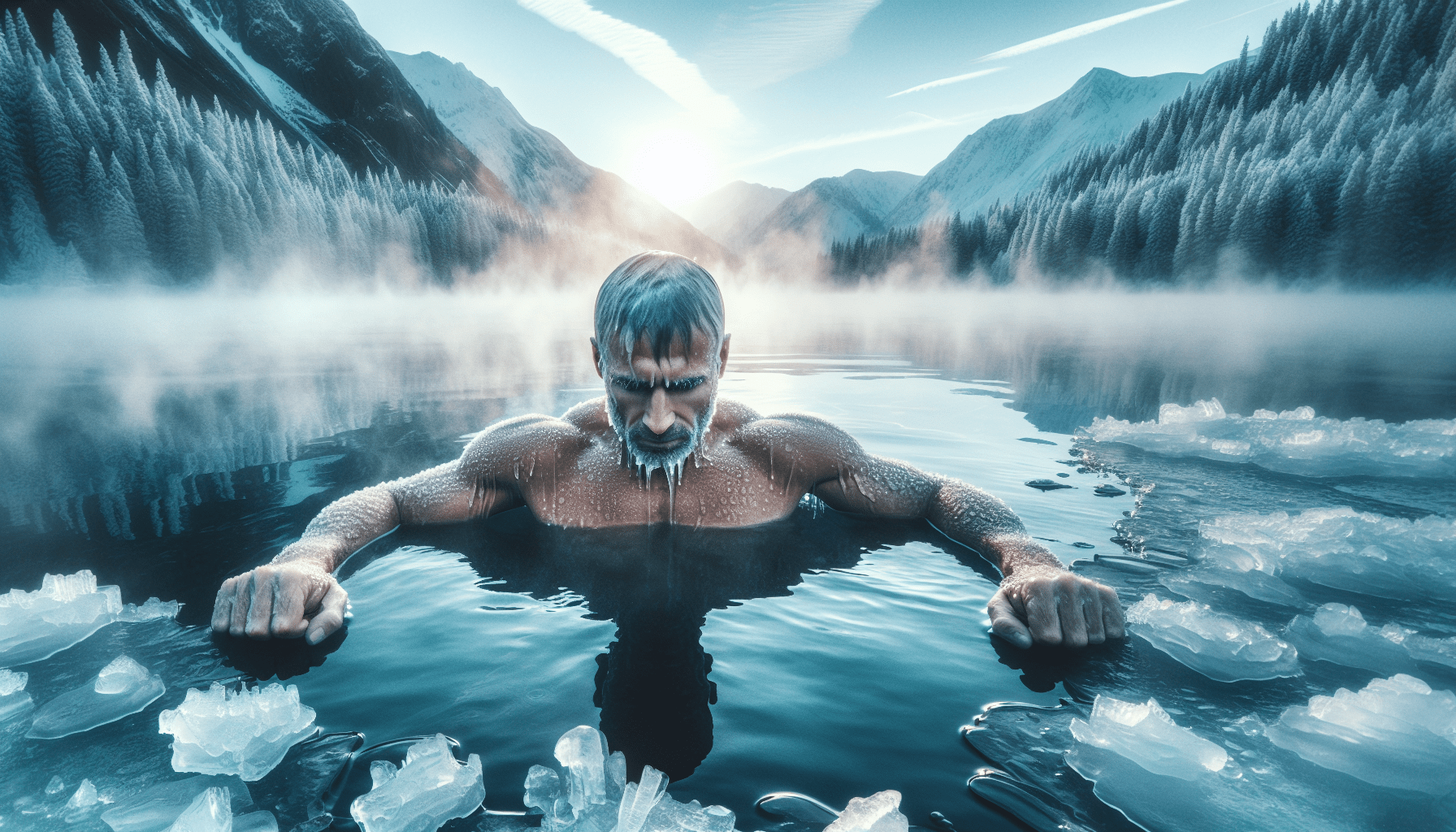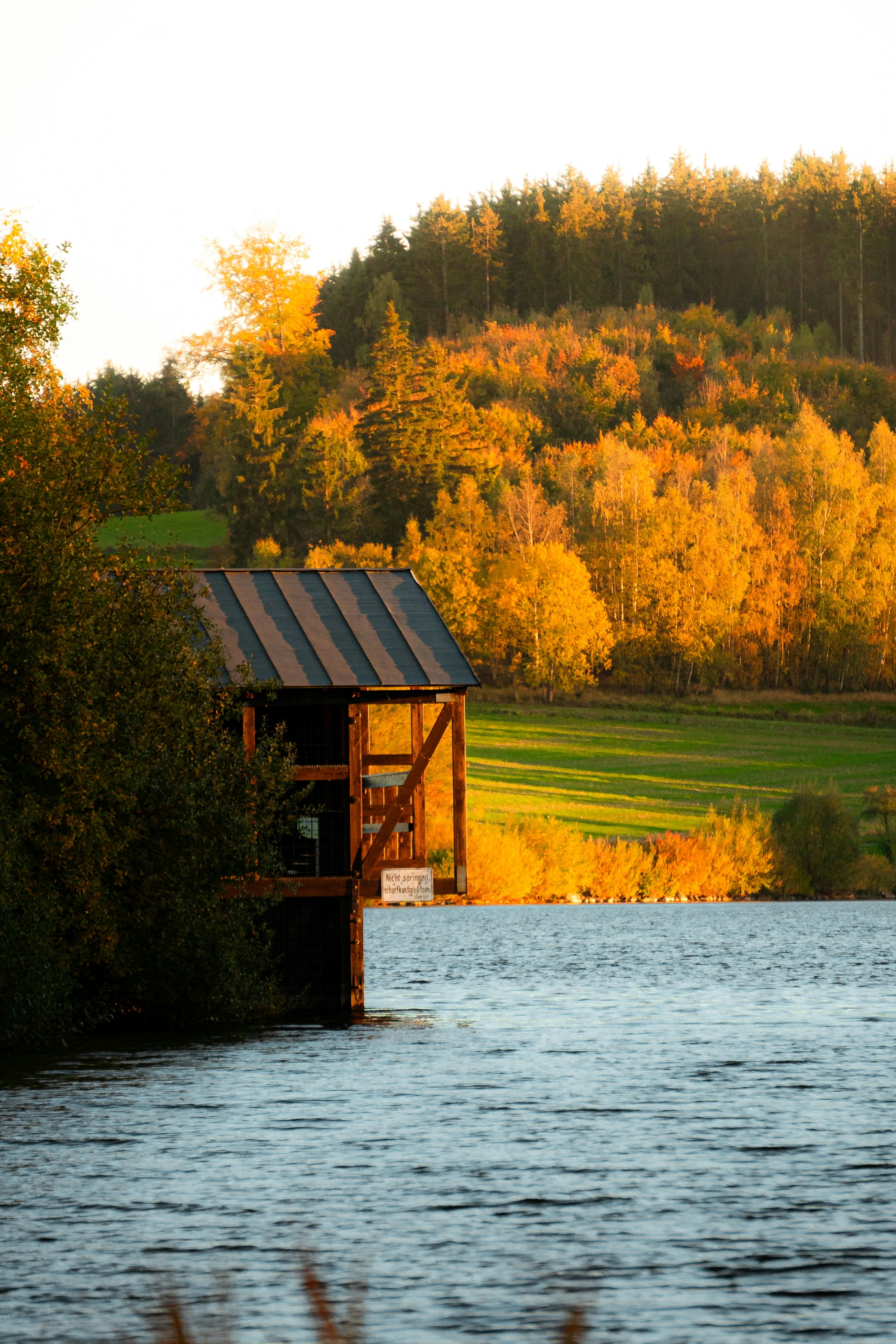Have you ever wondered how your body adapts to the challenges of cold water therapy? It’s an intriguing area of exploration, where resilience meets rejuvenation, offering a fascinating insight into the remarkable capabilities of the human body. Cold water therapy, often associated with practices like ice baths, cold showers, or swimming in chilly lakes, has gained popularity not only among athletes but also among those interested in wellness and holistic health. Let’s take a closer look at the profound impact cold water therapy can have on your adaptation mechanisms.
Understanding Cold Water Therapy
What is Cold Water Therapy?
Cold water therapy is a wellness practice that involves immersing your body in cold water for a specific period. While the concept is quite simple, the effects are profound and complex. From professional athletes to everyday enthusiasts, many people incorporate cold water rituals into their routines to enhance physical and mental well-being.
Historical Context and Popularity
You might be surprised to learn that cold water therapy is not a novel concept. It dates back to ancient civilizations, with documented use by the Greeks and Romans, who believed in its healing properties. In recent years, the practice has seen a resurgence, buoyed by scientific studies and endorsements from health professionals and celebrities alike.
The Science Behind Adaptation Mechanisms
The Human Body Under Cold Stress
Your body has incredible ways to respond to external stressors, like cold. When exposed to chilly environments, various adaptation mechanisms kick in to maintain internal stability and ensure survival. These responses are part of what makes cold water therapy so impactful.
The Role of the Autonomic Nervous System
The autonomic nervous system (ANS) plays a pivotal role here. Comprising the sympathetic and parasympathetic nervous systems, the ANS governs involuntary bodily functions like heart rate, digestion, and respiratory rate. When you immerse yourself in cold water, the sympathetic nervous system is activated, triggering the release of stress hormones that prepare your body to cope with the cold.
Physical Adaptations to Cold Water Therapy
Cardiovascular Responses
One of the most noticeable effects of cold water exposure is the initial shock, causing blood vessels to constrict, a process known as vasoconstriction. This helps conserve heat by redirecting blood flow from the surface to the core. With repeated exposure, your body becomes more efficient at regulating blood vessel constriction and dilation, enhancing overall cardiovascular resilience.
Immune System Boost
Did you know that regular cold water immersion can fortify your immune system? Studies suggest that cold water exposure may increase the production of white blood cells and improve resistance to infections. This heightened immune response can be a significant benefit, particularly during colder months when illnesses are more prevalent.
Muscular Adaptations and Recovery
Cold water therapy is widely acknowledged for its role in muscle recovery. When muscles are submerged in cold water, the temperature drop reduces inflammation and metabolic activity in the tissues. This, in turn, helps in reducing muscle soreness, allowing for quicker recovery post-exercise. Whether you’re an athlete or someone who enjoys regular workouts, this adaptation can be a game changer.
Brown Fat Activation
Cold exposure is known to stimulate brown adipose tissue, commonly known as brown fat. Unlike white fat, which stores energy, brown fat burns energy and produces heat, helping regulate body temperature. Cold water therapy encourages the body to increase its brown fat activity, which can contribute to better energy expenditure and weight management.
Psychological and Emotional Adaptations
Stress Reduction and Resilience
Engaging in cold water therapy also has significant psychological impacts. The initial exposure to cold water is indeed a stressor, but over time, you might find yourself becoming more resilient to stress. Regular practice helps your body adapt, increasing your tolerance to stress both in cold water and daily life situations.
Enhanced Mood and Mental Clarity
Have you ever noticed a sense of euphoria after a cold swim or shower? This is largely due to the increased production of endorphins and neurotransmitters like norepinephrine. These chemicals are known for enhancing mood, increasing alertness, and providing a natural sense of well-being.
Practical Insights and Best Practices
How to Safely Practice Cold Water Therapy
If you’re considering incorporating cold water therapy into your routine, it’s important to approach it safely. Start with short exposures, such as a cool shower, progressing to colder temperatures and longer durations as your body adapts. Always listen to your body’s signals, and consult with a healthcare professional if you have any underlying health conditions.
Duration and Frequency
The frequency and duration of your cold water sessions can significantly affect your adaptation. Generally, sessions of 5-10 minutes a few times a week provide substantial benefits without overwhelming your system. Finding the right balance is key to maximizing the positive adaptations.
Combining Cold Water Therapy with Other Practices
Consider complementing cold water therapy with other wellness practices, such as breathwork or meditation. These activities can further enhance the stress-relieving and mood-boosting benefits of cold exposure.
Common Cold Water Therapy Techniques
| Technique | Description |
|---|---|
| Ice Baths | Involves sitting in a tub filled with ice water for a specific duration to reduce inflammation. |
| Cold Showers | Easier to incorporate into daily life, starting with warm water and gradually shifting to colder. |
| Winter Swimming | Swimming in natural water bodies during colder months, providing full-body exposure. |
| Cryotherapy | A modern technique involving exposure to extremely cold air for a few minutes in a cryo chamber. |
Possible Risks and Precautions
Who Should Avoid Cold Water Therapy?
While cold water therapy can be beneficial, it’s not suitable for everyone. Individuals with cardiovascular conditions or respiratory problems should avoid this practice unless cleared by a medical professional. Additionally, pregnant women are advised to seek guidance before engaging.
Recognizing the Signs of Hypothermia
One of the risks associated with cold water exposure is hypothermia, a dangerous drop in body temperature. Signs to watch for include shivering, confusion, and fatigue. If you experience any of these symptoms, it’s crucial to warm up immediately and seek medical attention if needed.

The Future of Cold Water Therapy
Ongoing Research and Discoveries
As science delves deeper into the mechanisms of cold water therapy, new discoveries emerge regularly. Researchers are exploring areas such as the genetic aspects of cold adaptation and the long-term effects on health and longevity. You can expect even more insights to become available as studies progress.
Integrating Cold Water Therapy into Modern Wellness
The intersection of cold water therapy and modern wellness approaches continues to evolve. With an increasing number of wellness centers and spas offering cold therapy options, the practice is becoming more accessible, altering the landscape of health and wellness practices.
Encouragement to Embrace the Cold
Embarking on the journey of cold water therapy can be incredibly rewarding. By understanding the underlying adaptation mechanisms and practicing safely, you open yourself to a new world of resilience, balance, and well-being. As you grow comfortable with the cold, you might find yourself embracing it, not only as a challenge but as a valuable ally in your wellness journey.
Cold water therapy may seem daunting at first, with its intense and bracing nature, yet it’s precisely this challenge that offers such profound rewards. In the nuances of adaptation, in the quiet moments of breath before the plunge, there lies transformation. This practice, ancient yet so very modern, has the power to shape not just your physical health, but your mental and emotional fortitude as well. Give it a try, embrace the cold, and see how your body and mind gracefully adapt.





